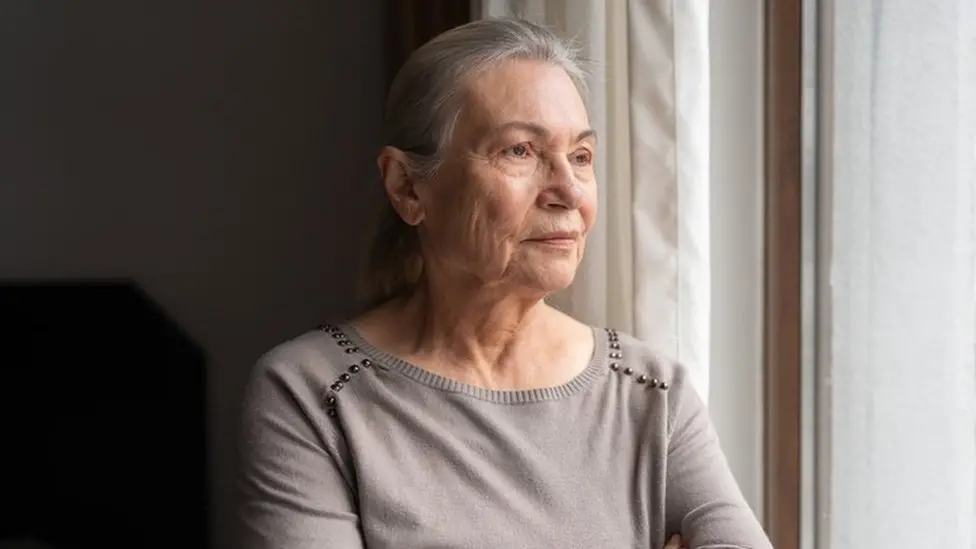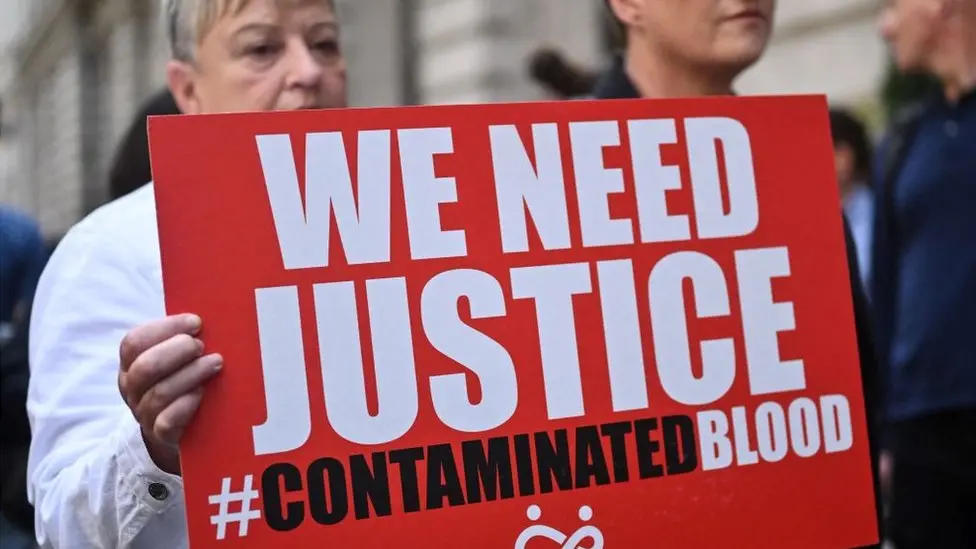What is the law on assisted suicide and euthanasia?
Assisted suicide and euthanasia are highly controversial topics that have sparked debates around the world. In some countries, these practices are legal under certain circumstances, while in others they are strictly prohibited.
Assisted suicide refers to a situation where a person provides the means or information for someone else to end their own life, while euthanasia involves one person directly causing the death of another, usually for compassionate reasons.
In countries where assisted suicide is legal, strict guidelines and safeguards are typically in place to ensure that the decision is voluntary and well-informed. These guidelines may include requirements such as the patient being of sound mind, having a terminal illness, and seeking the assistance of multiple healthcare professionals.
Proponents of assisted suicide and euthanasia argue that individuals should have the right to die with dignity and avoid unnecessary suffering. They believe that these practices can offer a humane and compassionate end to a person’s life.
On the other hand, opponents fear that legalizing assisted suicide and euthanasia could lead to abuses, coercion, and a devaluation of human life. They argue that medical professionals should focus on providing palliative care and support for patients facing end-of-life decisions.
Overall, the law on assisted suicide and euthanasia varies greatly from country to country, with some allowing these practices under strict conditions, while others criminalize them entirely. It is a complex and emotionally charged issue that continues to be debated in legal and ethical circles.



